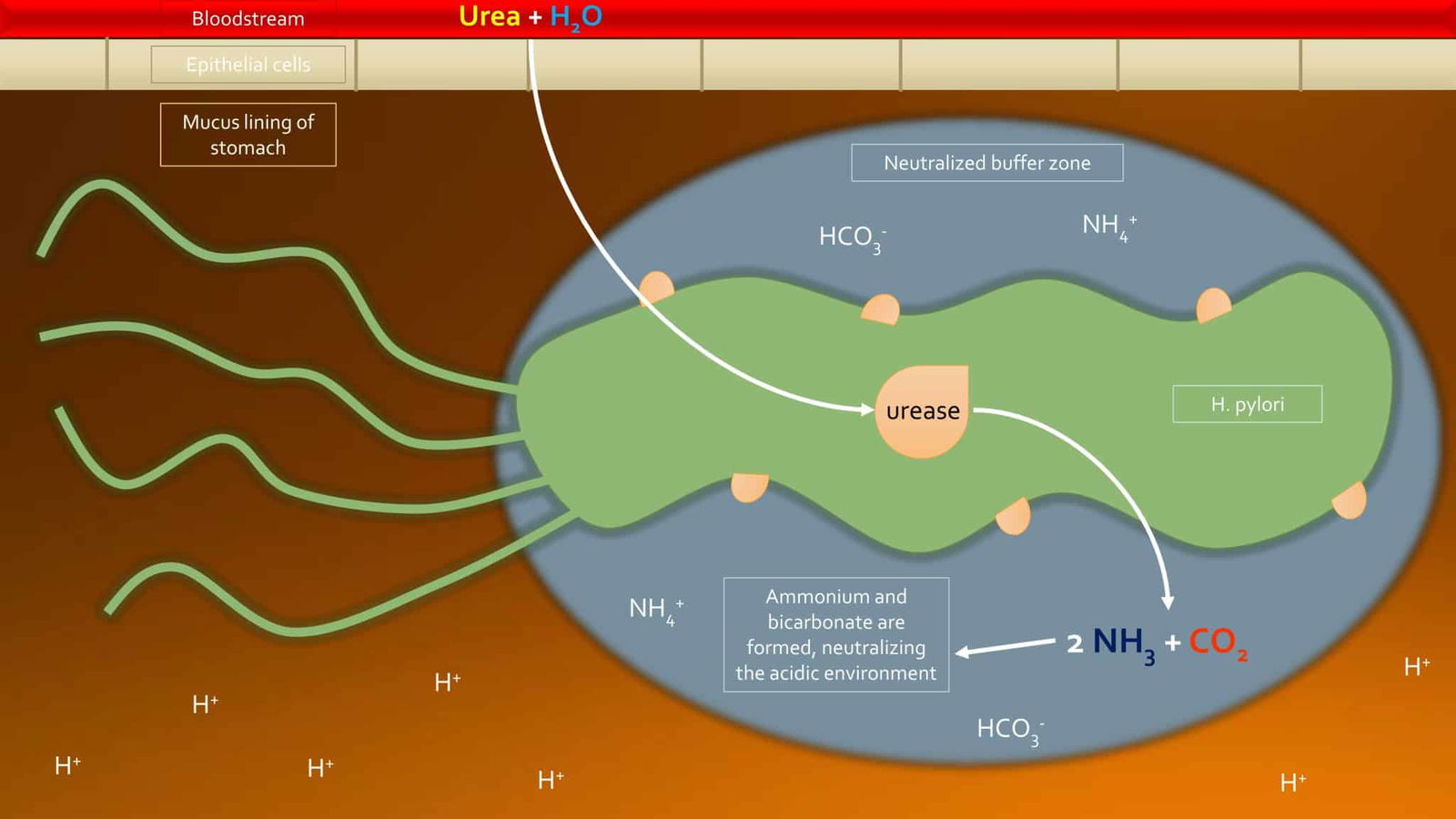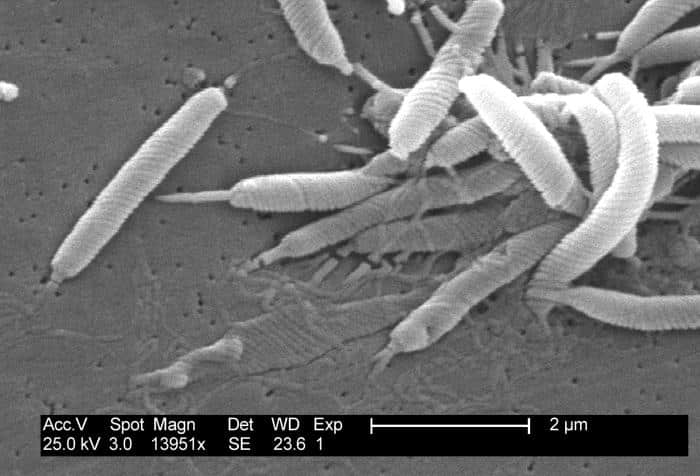Experiencing persistent heartburn and bloating? These discomforts might be more than just dietary indiscretions; they could signal an infection by Helicobacter pylori (H. pylori). This bacterium is a prevalent cause of stomach and small intestine ulcers, leading to chronic gastritis and other digestive issues. Fortunately, understanding its nature and exploring both medical and natural remedies can pave the way to relief.

H. pylori is a spiral-shaped bacterium that infiltrates the stomach and small intestine lining, often resulting in ulcers and inflammation. Beyond ulcers, this infection has been associated with symptoms like heartburn and bloating, affecting a significant portion of the global population.
Transmission of H. pylori typically occurs through contaminated food and water or direct contact with saliva or other bodily fluids from an infected person. The bacteria can also be passed from mother to child during birth. While infections can occur at any age, older adults and those living in crowded or unsanitary conditions are at a higher risk.

Many individuals with H. pylori remain asymptomatic. However, when symptoms manifest, they may include:
- Persistent heartburn or acid reflux
- Abdominal bloating and discomfort
- Nausea or vomiting
- Frequent burping
- Loss of appetite and unintended weight loss
- Fatigue
These symptoms overlap with various gastrointestinal conditions, making accurate diagnosis crucial.
To confirm an H. pylori infection, healthcare providers may recommend:
- Stool antigen test: Detects H. pylori proteins in feces.
- Urea breath test: Measures carbon dioxide levels after ingesting a urea solution, indicating bacterial presence.
- Blood test: Identifies antibodies against H. pylori.
Accurate diagnosis is essential for effective treatment planning.

Natural Remedies for H. pylori Infections
While conventional treatment involves antibiotics and acid reducers, some natural remedies may support the body’s fight against H. pylori:
- Probiotics: Beneficial bacteria that can help restore gut flora balance, potentially suppressing H. pylori growth.
- Green Tea: Contains antioxidants that may inhibit H. pylori proliferation.
- Honey: Known for its antibacterial properties, certain types of honey might impede H. pylori activity.
- Olive Oil: Rich in antioxidants, it has shown potential antibacterial effects against H. pylori in some studies.
- Broccoli Sprouts: Contain sulforaphane, a compound that may reduce H. pylori colonization.
Before starting any natural remedy, it’s imperative to consult with a healthcare professional to ensure safety and appropriateness, especially when considering potential interactions with prescribed treatments.
H. pylori infections are a common underlying cause of digestive discomforts like heartburn and bloating. Recognizing the symptoms and seeking a proper diagnosis can lead to effective treatment. Incorporating certain natural remedies, alongside conventional medical approaches, may offer additional support in managing and alleviating the infection.
